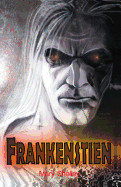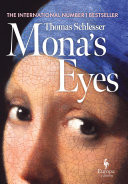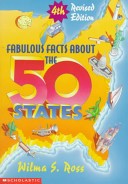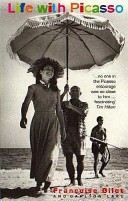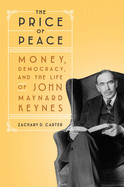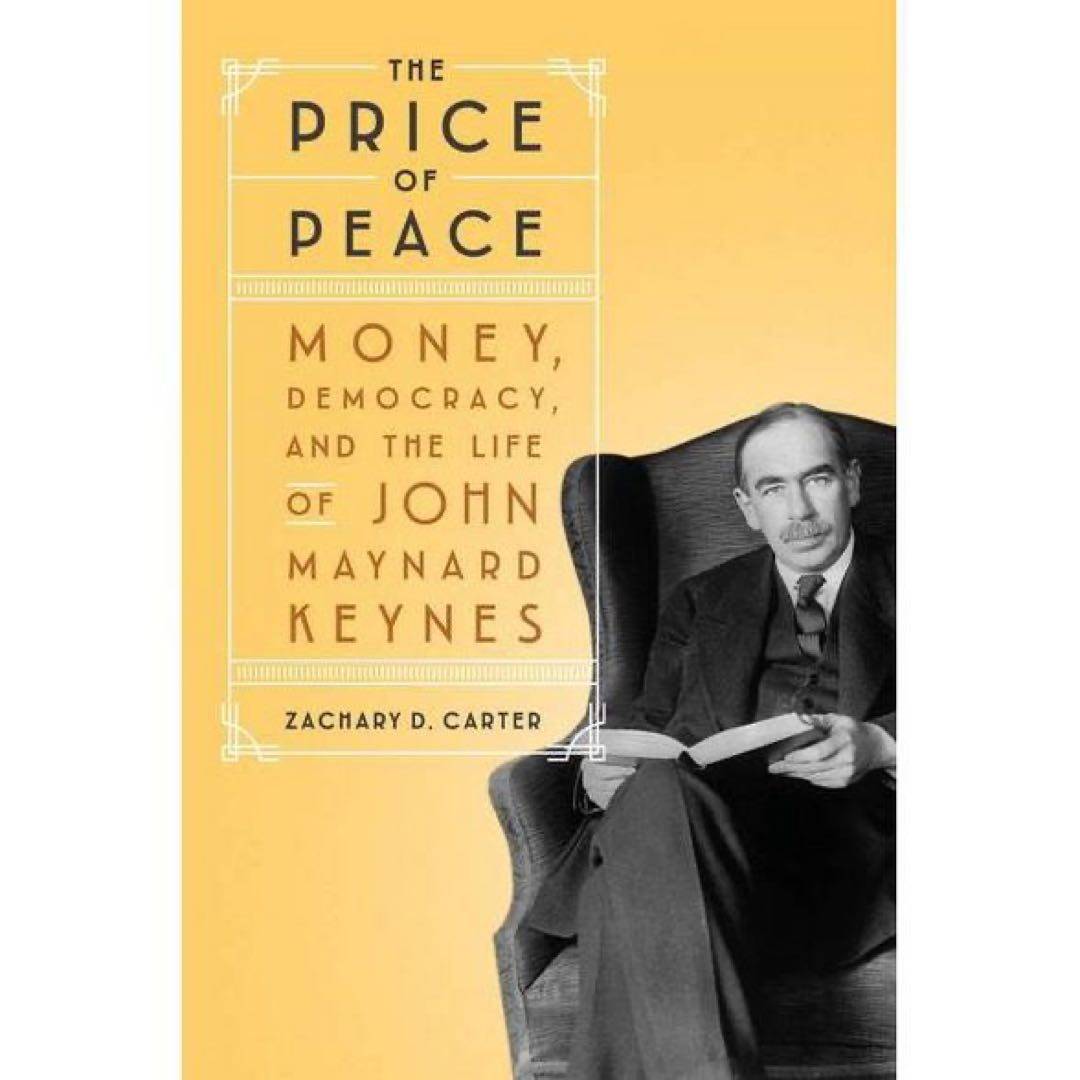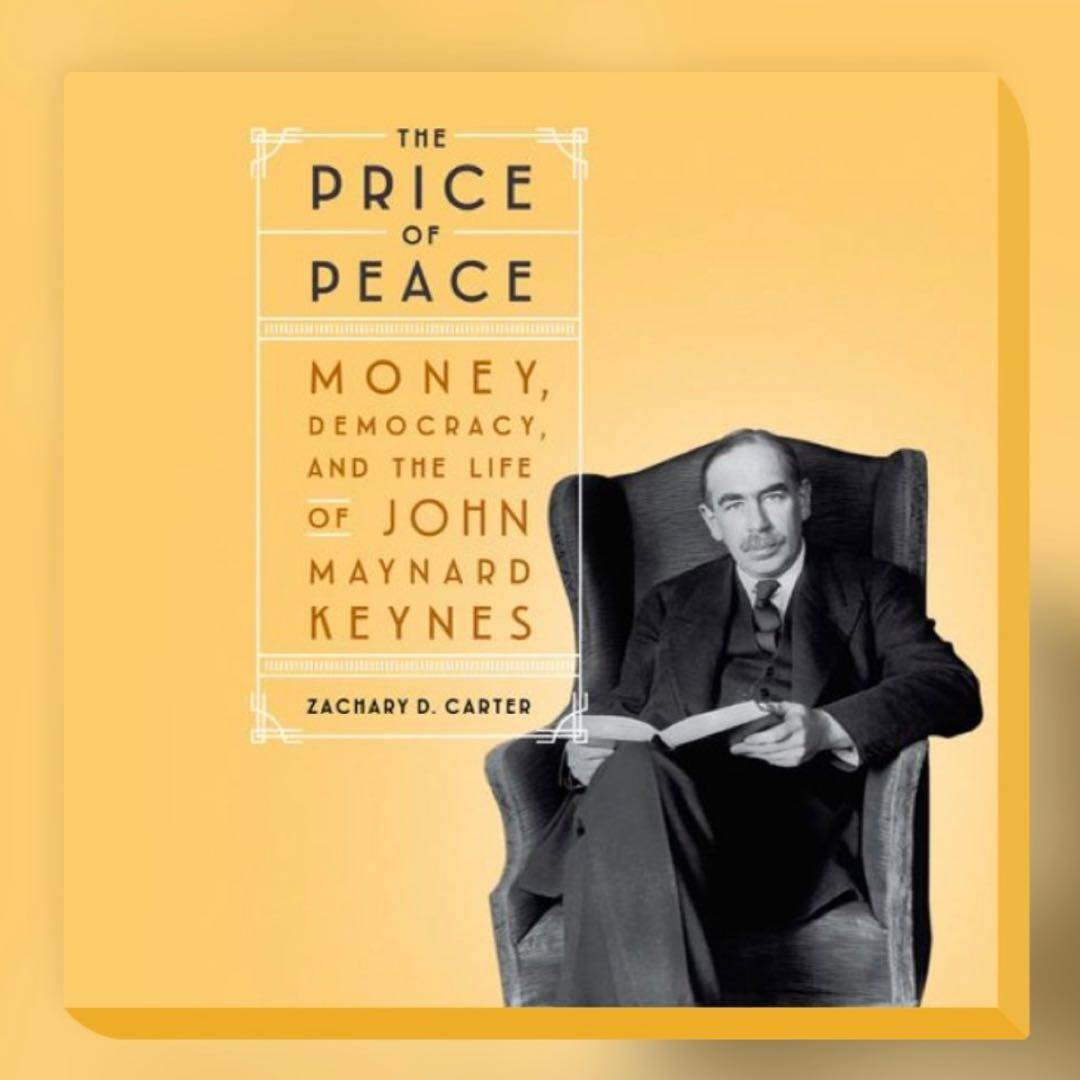
⭐️⭐️⭐️⭐️ Whew—there was a lot there! Starts as a biography of John Maynard Keynes and the development of his work and theories and their application in his lifetime, and then moves into his legacy and and impact of his work, and the evolution of different macroeconomic and political schools@of thought through the second half of the 20th century through the 2008 financial crisis. Really interesting, but dense! I‘m sure I missed a lot.







